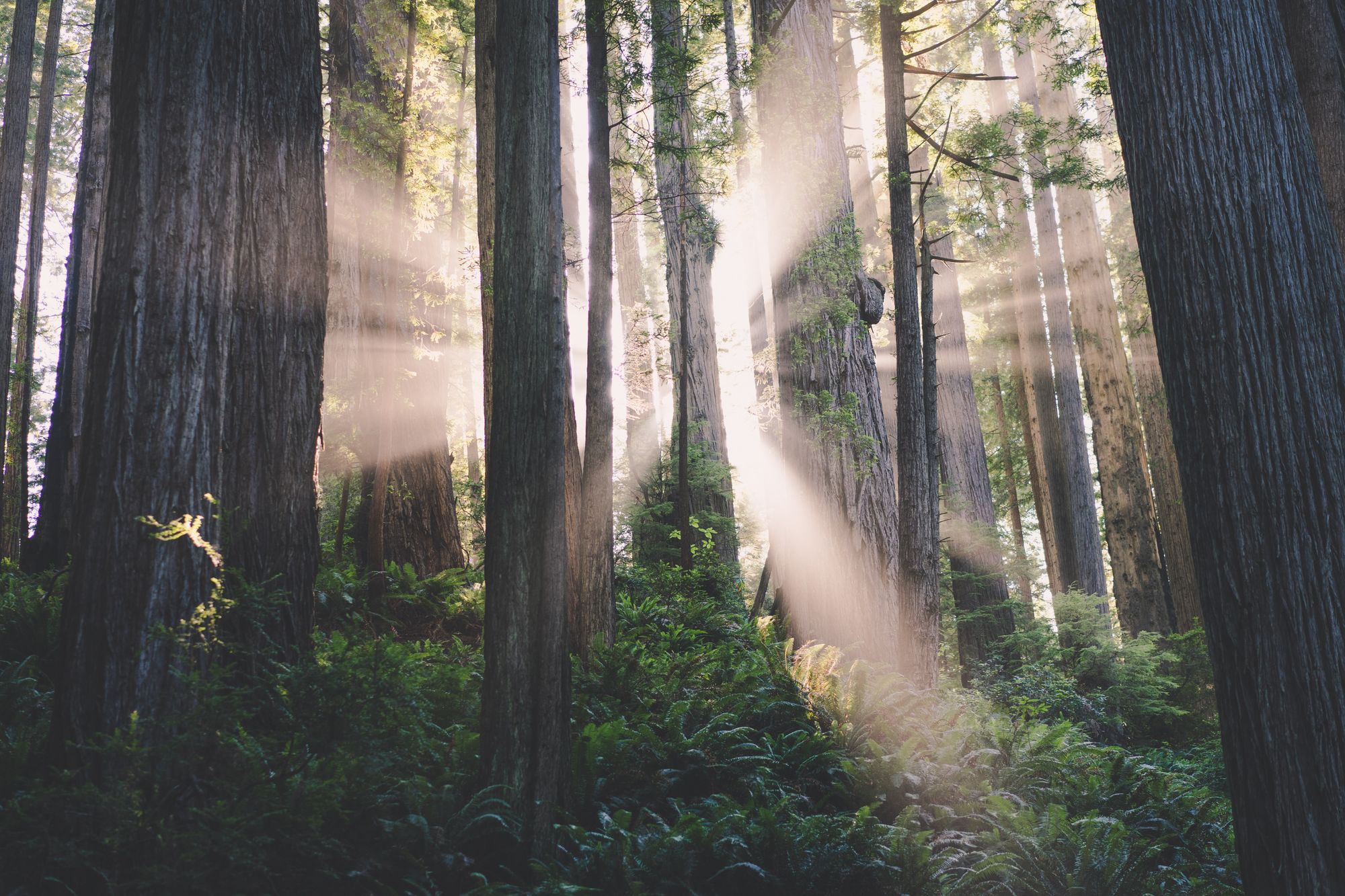
I was reading a book review in Le Monde this morning about “ecospiritualists” and the wide literature emanating from France on the subject of connecting humans back to nature. One theme that emerges is the need to tend to the “garden” of one’s self just as much as the garden of the Earth when it comes to ecological consciousness. It’s a theme that has become trenchant in American publishing as well through books like Jenny Odell’s How to do Nothing, which encourages readers to release their attention on devices and the modern economy and redirect it to nature.
The Le Monde writer Valentine Faure is clearly empathetic to the movement, but is also a bit perturbed by the motley set of ideas, beliefs, and practices that are combining into France’s version of ecospirituality (what she describes as a “bricolage”). The criticism seems apt — people are pulling in so many ideas from so many indigenous and other cultures that they are deconstructing entire cosmologies into easily replaceable parts. It’s almost like the Costco-ization of church.
What’s driving the popularity of these movements? A general “pulling back” from modern life: a retreat from burnout and overwork, of urbanization and concrete, of the frenetic pace of social relations driven by digital media. Alienation — a theme in the criticism of industrialization since the era started — has seemed to hit something of a popular zenith as people confront the immense mass of humanity and the unfathomable scale of the systems required to keep those humans alive, fed and happy.
The need for more spirituality seems necessary for people (and for society writ large), but I struggle to understand exactly the path from our urban lives to ones of the “forest” or “river”. The potentially great democratizing force of communing with nature runs into the implacable wall of scale: on a planet with 8 billion people heading to 10-11 billion by the end of the century, we can’t all live in natural and small, human-scale communities. For nature to thrive, we need more people to urbanize and live in denser neighborhoods, limiting human impact on more of Earth, not less.
What concerns me is that we aren’t solving the social ills that come from modern civilization, but rather running away from them. We aren’t improving urban life or adding a spiritual layer to the dense human connections that enmesh the metropolis. Instead, we are abandoning the progress that has been made to give everyone access to the cosmopolitanism of human experience. Instead of bringing nature closer to cities, we are dissolving cities and pushing people out — and that doesn’t seem to be a sustainable strategy in the 21st century.